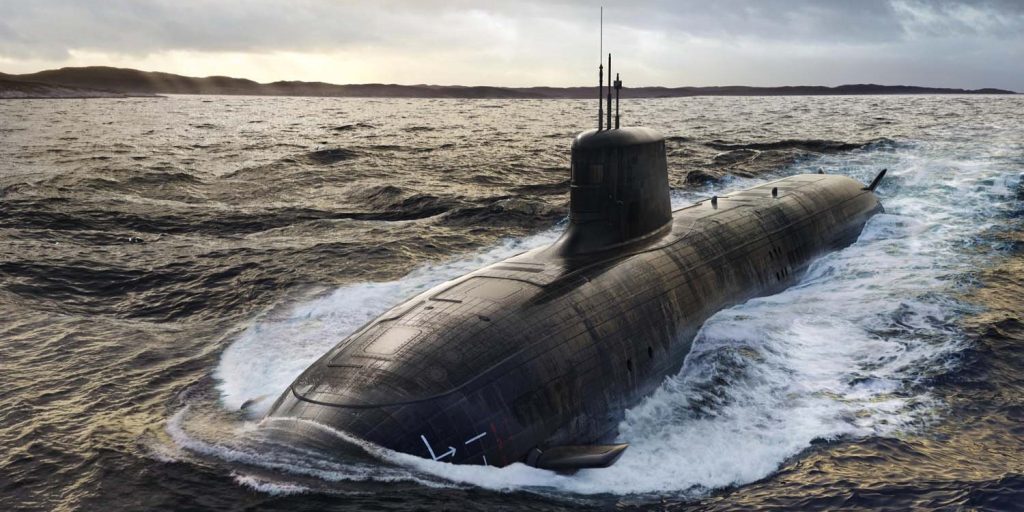Canada is set to significantly enhance its naval capabilities.
Others are reading now
Canada is set to significantly enhance its naval capabilities with a strategic acquisition of up to twelve Air-Independent Propulsion (AIP) submarines.
Equipped with AIP Systems
This ambitious initiative, part of the Canadian Patrol Submarine Project (CPSP), aims to replace the aging Victoria-class submarines and bolster the nation’s Arctic defense, according to Digi24.
With Prime Minister Justin Trudeau emphasizing the importance of advanced submarines for safeguarding Canada’s extensive coastline, the CPSP underscores the need for a robust naval presence in increasingly contested Arctic waters.
Several leading manufacturers are vying for this high-stakes contract, including South Korea’s Hanwha Ocean, known for its cutting-edge Jangbogo-III class submarines.
Also read
These submarines are equipped with AIP systems and lithium-ion batteries, enhancing their underwater endurance and stealth capabilities. Other competitors include Spain’s Navantia, Sweden’s Saab, and Germany’s ThyssenKrupp Marine, each bringing their own advanced technologies to the table.
Armed With Special Capabilities
The Canadian government plans to arm these submarines with specialized capabilities for Arctic operations, aiming to address the evolving security dynamics in the region.
The introduction of AIP submarines could significantly shift the Arctic power balance, providing Canada with enhanced surveillance and reconnaissance abilities that challenge Russia’s traditional dominance.
Russia has strongly criticized Canada’s plans, with officials describing them as provocative and a catalyst for an arms race in the Arctic. Dmitri Medvedev, former Russian president and current Security Council vice-chairman, has warned that this move could lead to unnecessary confrontation.
The Russian defense sector views the initiative as part of NATO’s broader strategy to extend its influence, heightening tensions over national security concerns.
The deployment of AIP submarines could also enhance Canada’s collaboration with NATO allies and the United States. Joint exercises and patrols in the Arctic would improve interoperability among allied forces, complicating the operational environment for Russian submarines and fortifying the collective security of the region.


